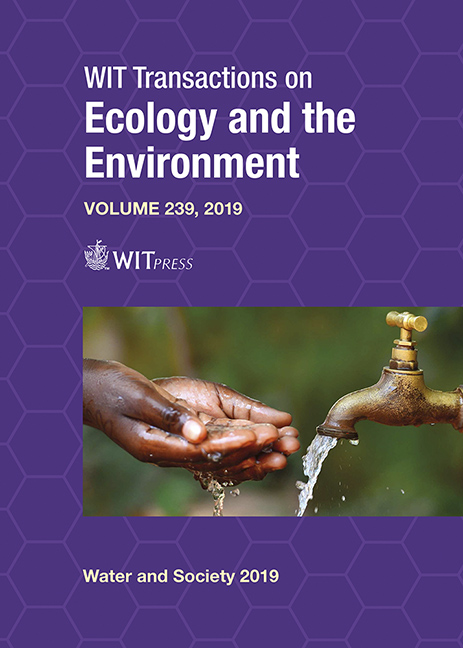MICROBIOLOGICAL TESTING OF DRINKING WATER IN THE WESTERN TRANSDANUBIAN REGION OF HUNGARY USING API TESTS
Price
Free (open access)
Transaction
Volume
239
Pages
11
Page Range
193 - 203
Published
2019
Paper DOI
10.2495/WS190171
Copyright
WIT Press
Author(s)
ANIKÓ ZSENI, ROLAND MISETA, BÁLINT NÉMETH
Abstract
Using standard and routine methods for drinking water microbiological quality control may lead to uncertainty. In some cases, biochemical tests for confirmation of presumptive colonies have negative results. It can also happen that the target bacteria cannot be found, but the high concentration of the background biota contaminates water sampling points or even the entire water supply system. The aim of the study was to investigate and identify bacterial colonies retrieved from water samples of drinking water supply systems using a relatively cheap, fast and easy-to-use method as well as to acquire information on the presence of pathogens in the background biota. To achieve our goals, water samples from 18 western Hungarian settlements were collected during a two month period. A total of 66 morphologically different bacterial colonies growing on four media were tested for taxonomic identification by three different API (Analytical Profile Index) tests which are suitable for the identification of bacteria at species level. Out of the 66 bacterial colonies involved in the study, 58 could be identified by API tests. During the identification, the presence of 27 different taxa were proved in the water samples. As a result of our research, species (
Keywords
microbiology, drinking water, API test, background biota, cultivation on agar medium.





